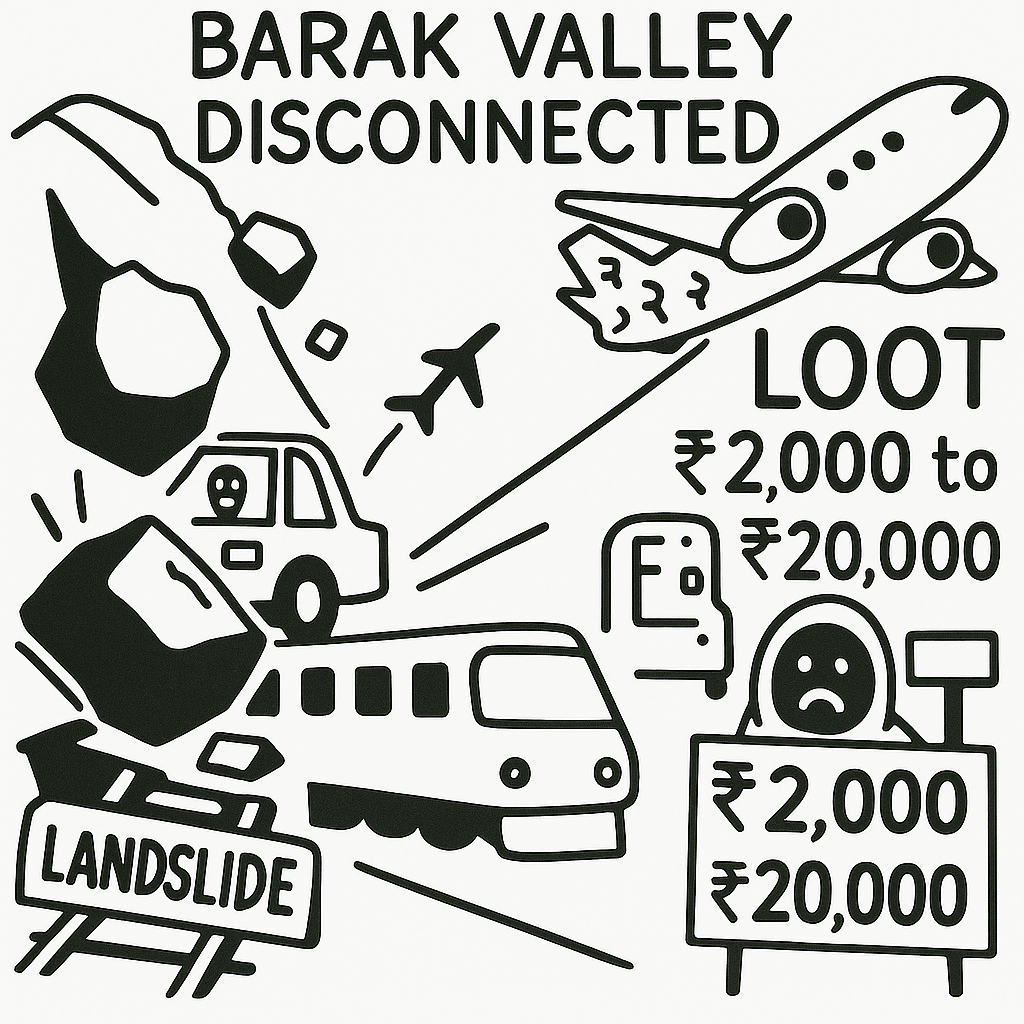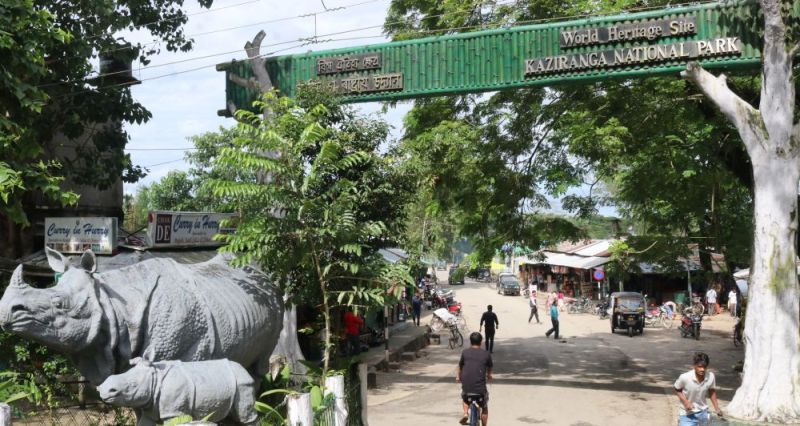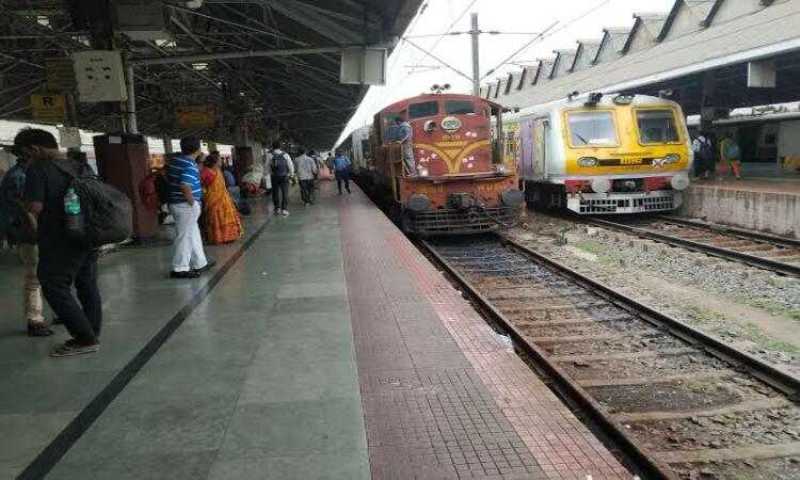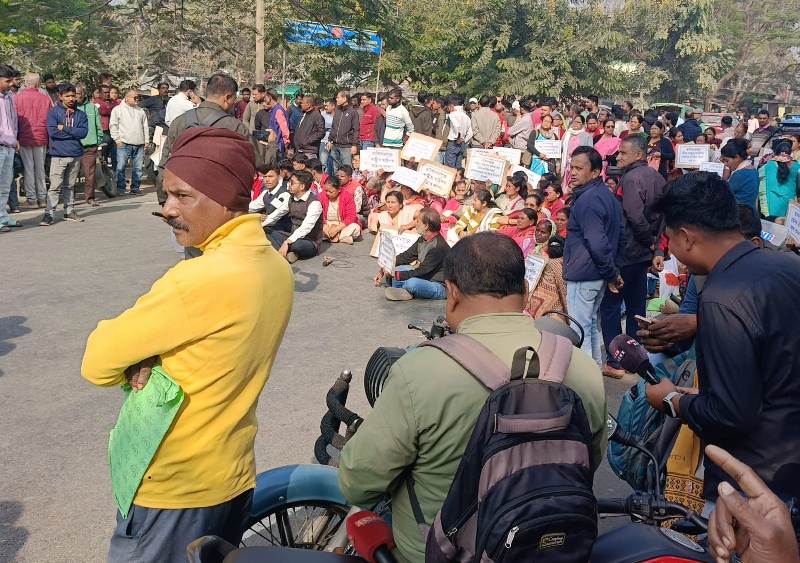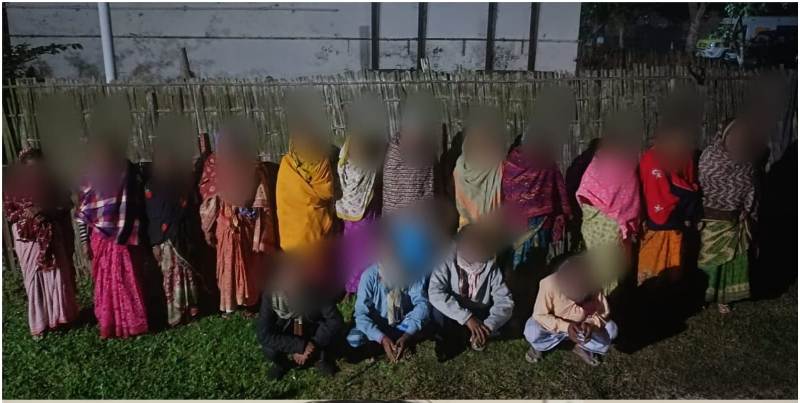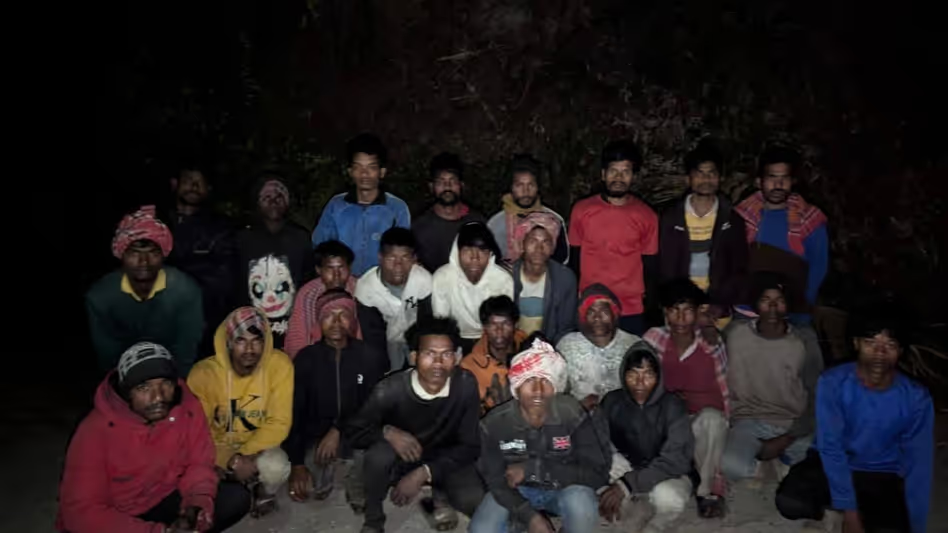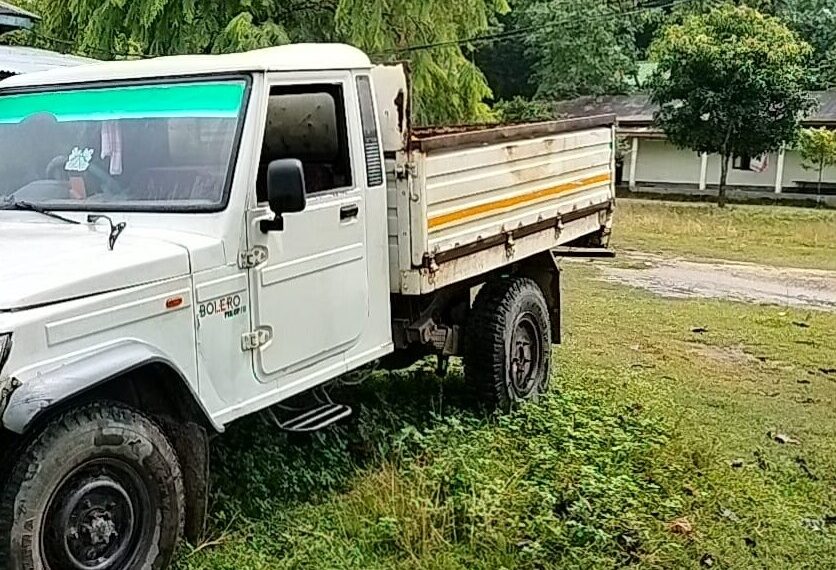
The Meghalaya Transport Department mandates that unlawful vehicle modifications be reversed.
B O News desk : In a bid to enhance road safety and enforce compliance with motor vehicle regulations, the Meghalaya Transport Department has launched a crackdown on unauthorised modifications to goods vehicles, giving owners a 60-day deadline to revert changes or face prosecution.
The department, in a public notice issued on Wednesday, flagged a growing number of light, medium, and heavy goods vehicles operating with illegally extended platforms—alterations made without the approval of the registering authority and in violation of manufacturer specifications.
“These modifications are in direct violation of Section 52 of the Motor Vehicles Act, 1988, and Rule 93 of the Central Motor Vehicles Rules, 1989,” the notice stated, adding that such alterations compromise vehicle stability, structural integrity, and overall safety.
Senior officials said many of these modified vehicles were built in local workshops without any engineering oversight or safety checks.
“We’ve come across trucks with dangerously extended bodies that upset their centre of gravity, especially risky on hilly terrain,” a senior motor vehicle inspector (MVI) said, speaking on condition of anonymity.
Another official from East Khasi Hills highlighted that chassis-only vehicles—used primarily for buses and trucks—are often modified without submitting design specifications to the district transport officer.
“These vehicles rarely undergo technical inspection once altered,” the inspector added.
To address the issue, the department has instructed all vehicle owners who have made unauthorised structural changes to restore their vehicles to original dimensions within 60 days.
Failure to comply will result in legal action under applicable motor vehicle laws.
Fleet owners, transporters, and individual vehicle operators have been urged to seek prior approval for any modifications and adhere strictly to central vehicle regulations.
“This is more than a paperwork issue—it’s a matter of public safety,” an MVI said. “Non-compliance puts both drivers and the public at risk.”

